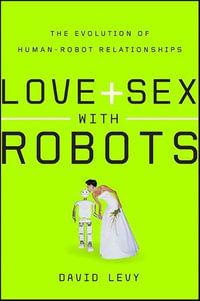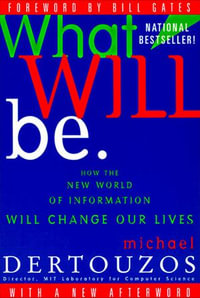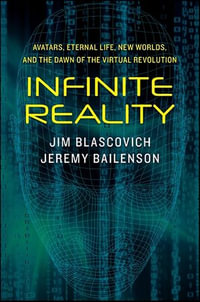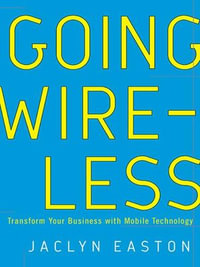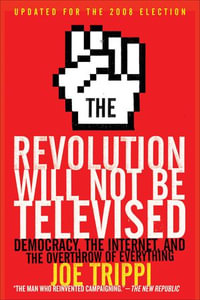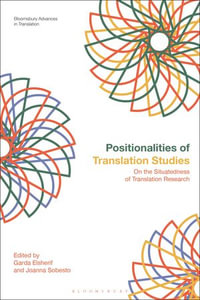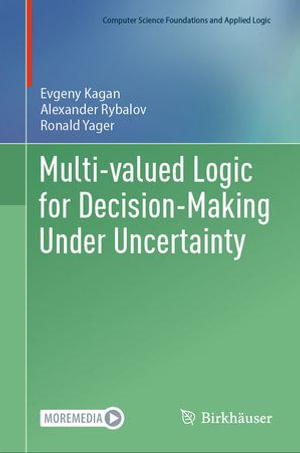
Multi-valued Logic for Decision-Making Under Uncertainty
By: Evgeny Kagan, Alexander Rybalov, Ronald Yager
eText | 17 February 2025
At a Glance
eText
$319.00
or
Instant online reading in your Booktopia eTextbook Library *
Why choose an eTextbook?
Instant Access *
Purchase and read your book immediately
Read Aloud
Listen and follow along as Bookshelf reads to you
Study Tools
Built-in study tools like highlights and more
* eTextbooks are not downloadable to your eReader or an app and can be accessed via web browsers only. You must be connected to the internet and have no technical issues with your device or browser that could prevent the eTextbook from operating.
ISBN: 9783031747625
ISBN-10: 3031747623
Series: Computer Science (R0)
Published: 17th February 2025
Format: ePUB
Language: English
Publisher: Springer Nature

